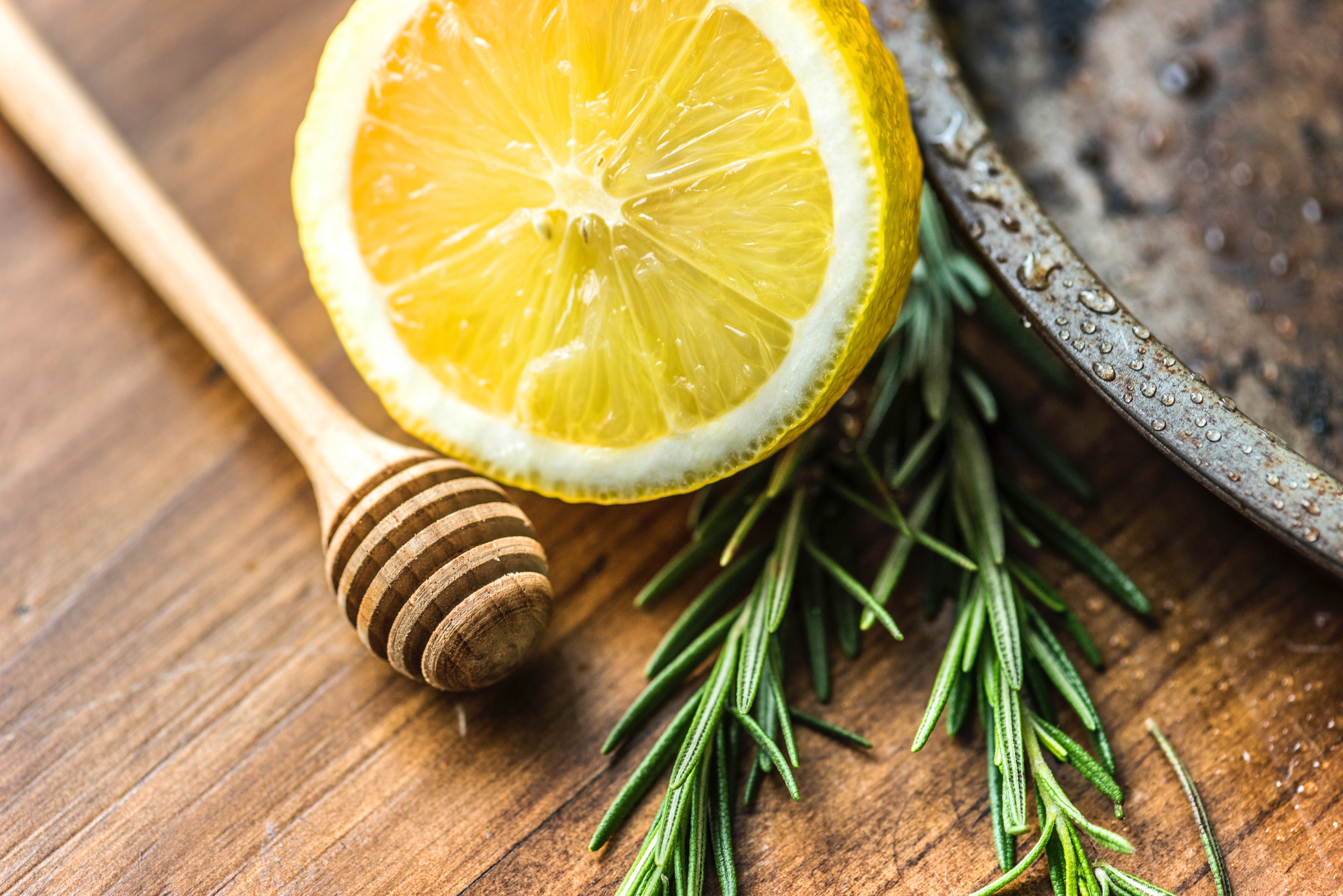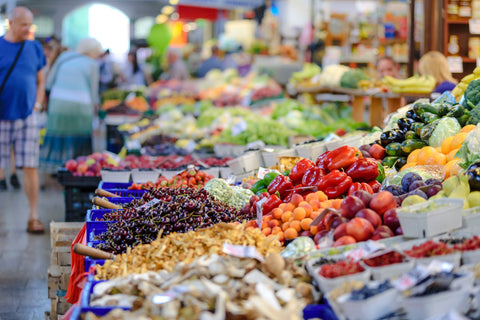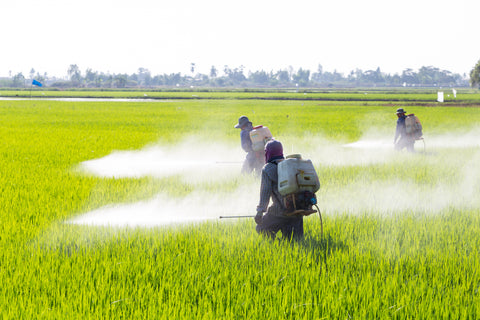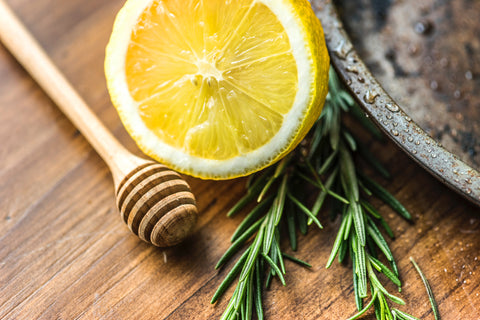Organic: What Does It Mean and Is It Worth Trying
In the last five years, there have been a plethora of products claiming to be organic – not just produce but actual packaging boxes. Many stores have created special sections to get people to check out the area and try the products.
Of course, you may be like everyone else and not sure what it means by organic. What has it gotten so much attention from the media? You may feel intimidated by the term organic, but with a little bit of knowledge and understanding, you’ll be wondering why you ever felt that way.
What Does The Word Organic Mean?
Simply put, it’s any food that’s grown naturally – no GMOs, synthetic fertilizers, pesticides, sewage sludge, etc. Meat-producing animals (chicken, pigs, cows, etc.) are not given any growth hormones or antibiotics.
The USDA National Organic Program has come up with a very wordy definition as well as guidelines for organic producers and farmers to follow to attain and keep their organic license. What are these guidelines?
• They are not permitted to use any materials for three years before being granted their certification and all during it.
• They must allow their livestock a way to get outside. They cannot feed them food with hormones or give them antibiotics. Animals must be fed with 100 percent organic feed.
• Processed products must not have been contaminated, and operation records must be kept.
These are just the basics of the term organic. When you’re grocery shopping, you’ll find three distinct categories the USDA has allowed manufacturers to label their products with.
• 100% Organic – This means all ingredients are 100 percent organic.
• Organic – This means at least 95 percent of the ingredients are organic.
• Made with Organic Ingredients – This means that 70 percent of a product is made up of organic ingredients with stringent restrictions on the other 30 percent.
• Products that contain less than 70 percent organic ingredients cannot claim to be organic but can list them in the ingredients panel.
You can learn more about this by visiting Organic.org.
Potential Health Benefits Of Eating Organic Foods Or Using Organic Products
There are not many long-term studies looking at the health benefits that come from eating or using organic products. However, a recent University of California-Davis study did find that organic foods had more nutritional value in it than non-organic foods. According to some people, organic food also tastes much better. Only you can determine that for yourself though.
No Pesticides Means Better Health
Organic foods contain no pesticides or fertilizers, which means your body is not subjected to the dangerous effects these products can have it on. Pesticides and fertilizers can damage the body’s immune, nervous and endocrine systems. And, for children, the effects are even more harmful.
Are You Wanting To Become More Knowledgeable in Organic Produce?
Grab Our New E-Book Originally Organic & Discover Everything There Is To Know About Living Simply Organic Today. SPECIAL DISCOUNT: Use Discount Code 33OFF To Get 33% Off The E-Book...










